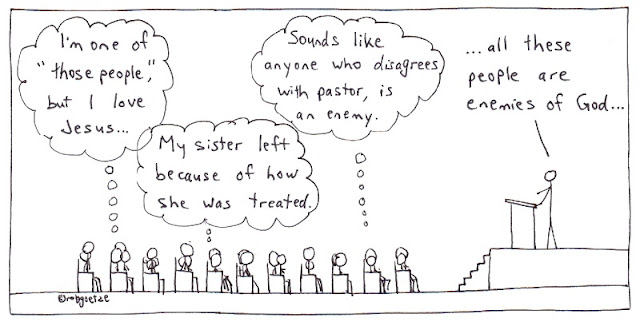When I saw this tweet the other day, I thought to myself, this is an amazing word! How cool that the Maori had a word for people who are autistic.
Turns out, that the word was created in 2017. While that did surprise me, it doesn't make it any less legitimate. Language is a living thing and in this case, Keri Opai, a civil servant, worked with the Maori disability community to create about 200 words and phrases specifically for mental health, addiction and disability.
About the word for autism, Keri Opai says
"The word I have coined in te reo Māori for autism is ‘Takiwātanga’. It is a derivation of my phrase for autism: “tōku/tōna anō takiwā” – “my/his/her own time and space”."
Read more about how this word came to be in Keri Opai's story (video and text): https://www.altogetherautism.org.nz/a-time-and-space-for-takiwatanga/
Read the short BBC article on this project: https://www.bbc.com/news/blogs-news-from-elsewhere-40493398
Check out the very cool language glossary, featuring te Reo Maori <> English translations, word collections, plus phrases and proverbs: https://www.tereohapai.nz/








